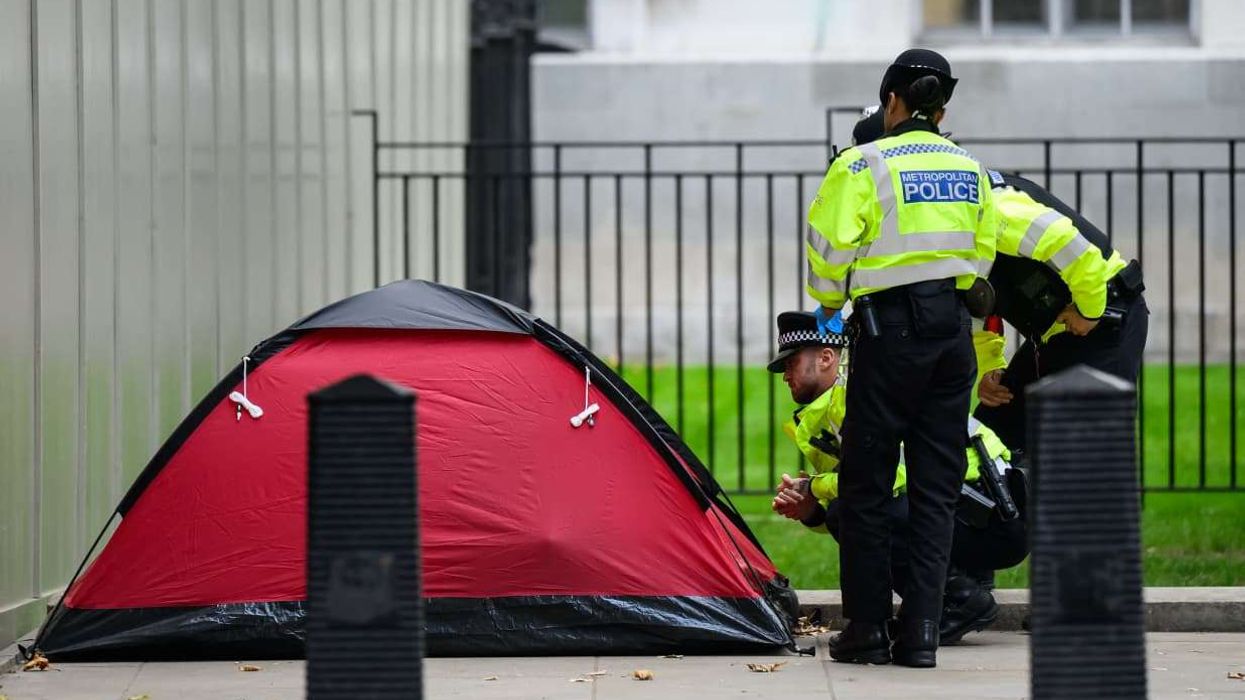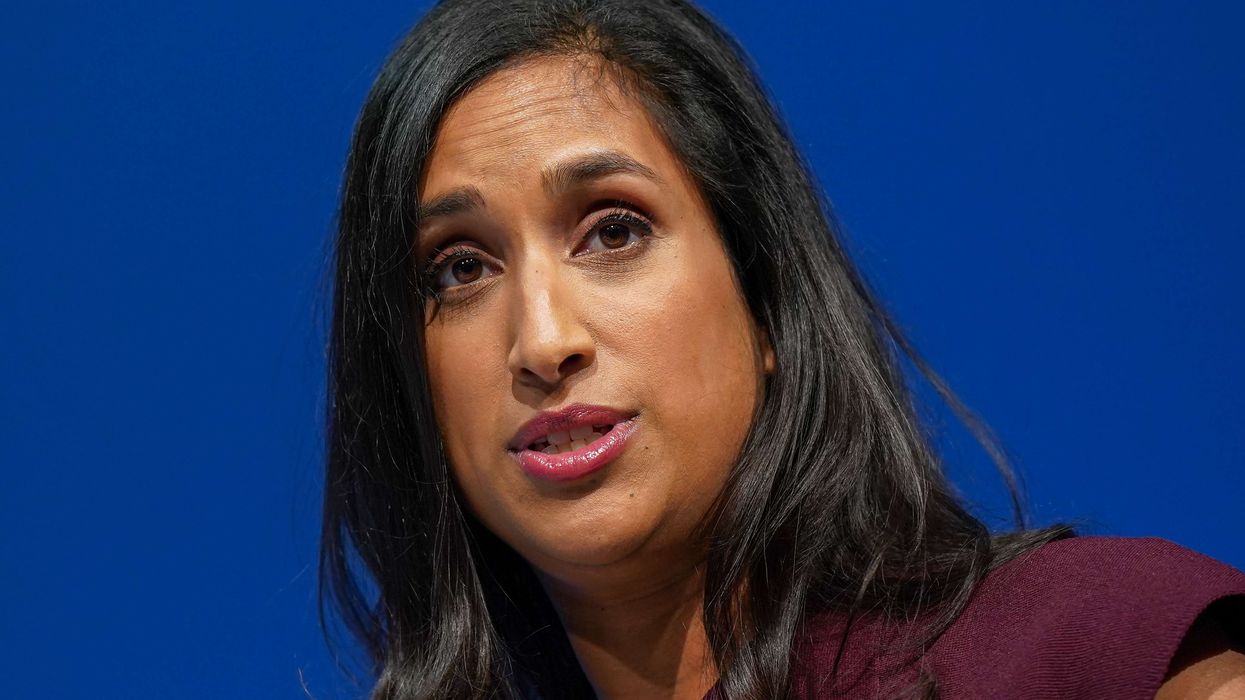The EU and India agreed on Saturday to relaunch long-stalled trade talks in a major push to boost ties at a video summit held under the shadow of the Covid-19 pandemic battering the south Asian giant.
"The EU and India are opening a new important chapter in our relationship. We are the world's two largest democracies. We are natural partners," European Council chief Charles Michel said.
The devastating wave of infections sweeping India impacted the meeting by forcing prime minister Narendra Modi to scrap plans to fly to Portugal to see his European counterparts.
But the 27-nation bloc and the world's largest democracy remain determined to capitalise on growing momentum for closer relations fuelled by shared concerns over the rising might of China.
European Commission chief Ursula von der Leyen hailed the decision to restart trade talks after an eight-year break as a "landmark moment".
EU countries have sent medical equipment and drugs worth an estimated 100 million euros ($120 million) to India as part of international efforts to help it fight against the flood of Covid-19 cases.
Von der Leyen insisted that the bloc "stands firmly at the side of India in this most challenging time" and pledged that "further assistance will follow".
A top official at India's External Affairs Ministry said Modi had pushed the EU to support an Indian and South African proposal to suspend Covid-19 vaccine patents after US President Joe Biden threw his weight behind the plan.
EU leaders have expressed scepticism about the initiative, insisting the first move is for countries to open up to exporting doses.
"We will be watching the evolving EU position on this particular issue," senior Indian official Vikas Swarup said.
The two vaccine-producing powerhouses did agree to try to work together to make sure global supplies are maintained and the world is better prepared for future pandemics.
"We agreed that defeating the Covid-19 pandemic through global cooperation and solidarity remains our priority and underlined our commitment to work together to ensure a better, safer, sustainable and inclusive recovery," a joint statement said.
- China, UK competition -
While the pandemic cast a dark cloud over the summit, the key announcement was the restarting of talks for a wide-ranging free trade deal that have been suspended since 2013.
The two sides agreed to simultaneously launch negotiations on separate deals to protect investments and regionally specific products.
They also signed off on a "connectivity" partnership to reinforce infrastructure links and said they would push to cooperate more on developing cutting-edge technology like Artificial Intelligence.
The negotiations on the trade deal were halted after getting stuck on issues such as cutting tariffs and access for Indian workers to Europe.
An Indian official said there was no timetable for when the fresh talks would begin.
It remains to be seen if India is now willing to drop an approach viewed as deeply protectionist by the EU to seal a deal this time round.
But growing tensions with China could create a new impetus for talks -- with one diplomat calling Beijing "the elephant in the room".
For the EU, the push comes as efforts to ratify an investment deal agreed with China have hit the buffers after relations soured over tit-for-tat sanctions.
Britain's departure from the bloc has also created another rival for Brussels as London makes its own play to bolster trade with India.
The British government said Tuesday it would start formal free talks with India later this year after the two sides agreed an initial package to boost trade and investment.












